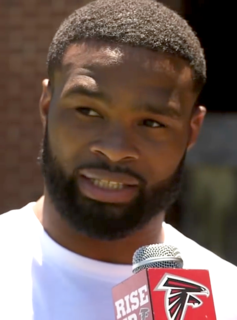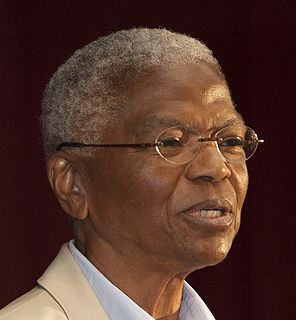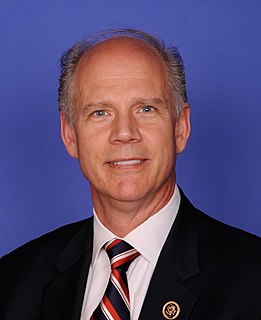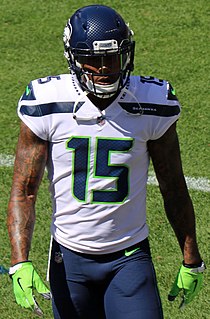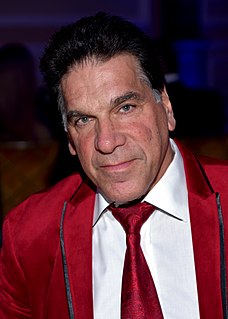A Quote by Raymond Kelly
In New York City we have the biggest police force in the country. We have 35,000 uniformed officers. We're able to mass officers in significant numbers if we had to.
Related Quotes
American cops didn't create that atmosphere, they're the ones though who have to live with it on a daily basis. These are generalisations; you can't make generalisations about hundreds of thousands of people. The New York Police Department, for instance, has 38,000 police officers in it. But most cops, when I talk to them, desperately care about the victims of gun violence. They see it, they experience it.
Presidents may go to the seashore or to the mountains. Cabinet officers may go about the country explaining how fortunate the country is in having such an administration, but the machinery at Washington continues to operate under the army of faithful non-commissioned officers, and the great mass of governmental business is uninterrupted.



